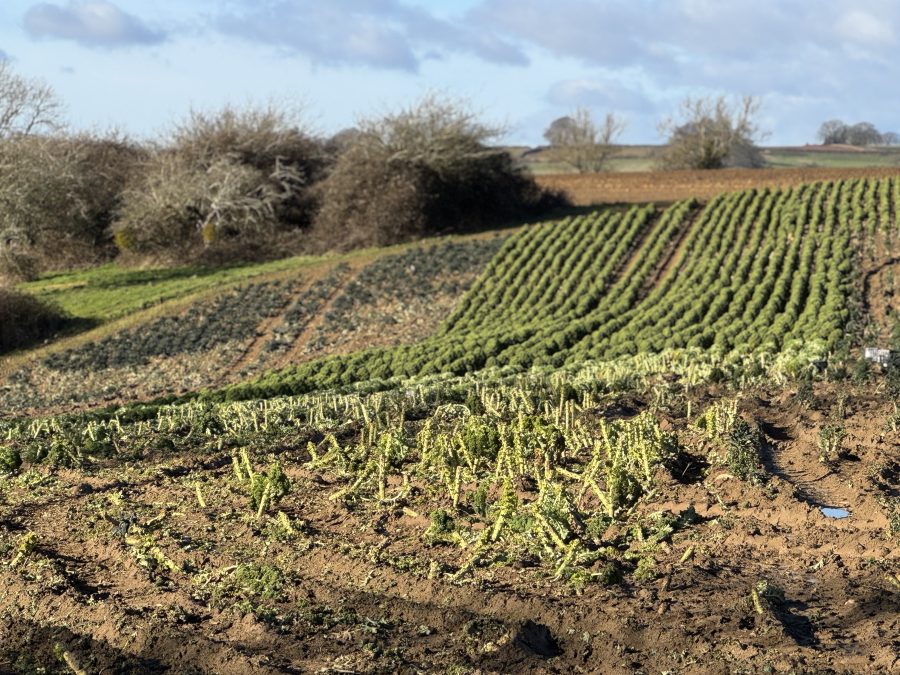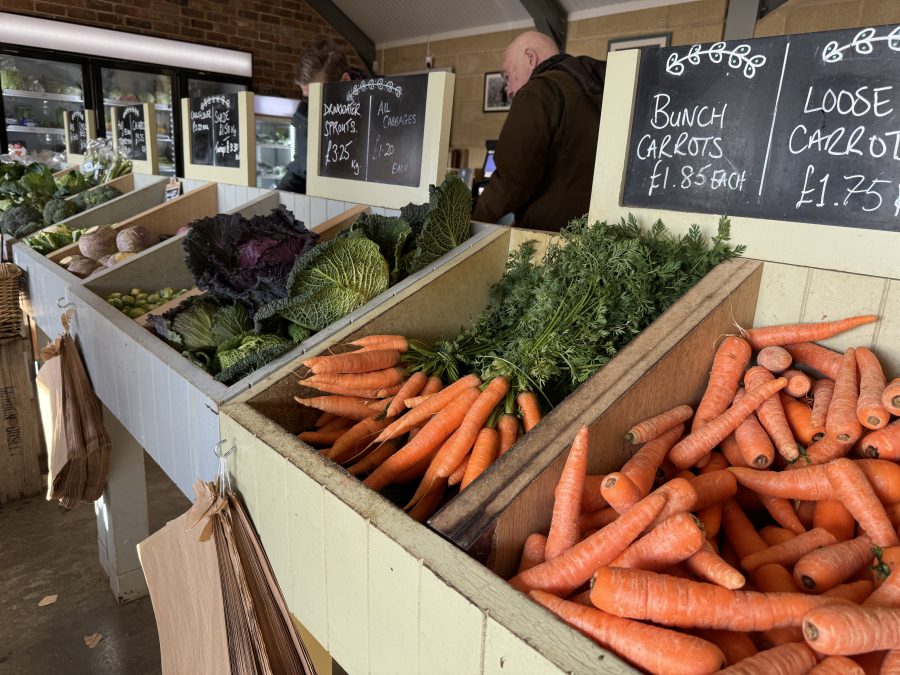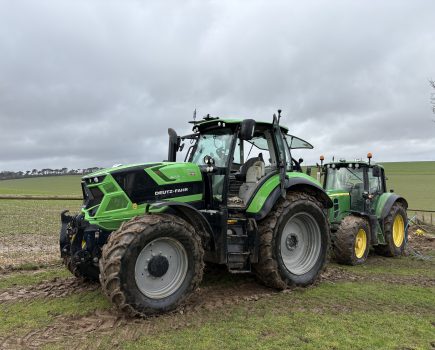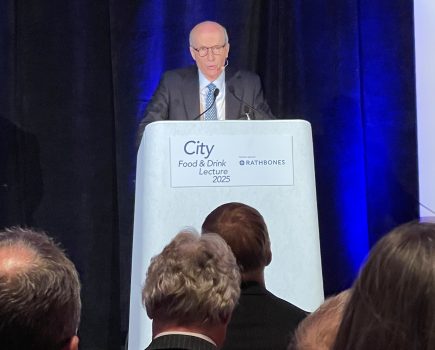The January issue of South East Farmer contained four rather dyspeptic contributions about the Government’s recent budget (the editorial, yours truly, Stephen Carr and Anita Hickson). Happily the Akehurst team raised the mood with a couple of buoyant articles about riding the daily difficulties on farm and a positive message of connecting farms directly to customers.
The views of us four amateur economists have been echoed widely, but are we being too harsh? Democracy, which requires a high level of trust, tolerance and cohesion, is proving a fragile flower. Governing is also difficult, and the current incumbents have little experience.
The Government’s landslide victory, a peculiarity of our odd ‘first past the post’ election system, was delivered by less than a third of the voting public. Almost 70% of voters did not vote for Labour, and so if they don’t up their game and calm nerves, their time in office will be short, which would play into the hands of demagogues with their hubris. Such a result would be very much worse.
Farage, our local example, is a proven pot stirrer and can kicker, but has no record of running or achieving anything useful. He has been largely absent from his constituency, produced nothing positive from his time as an MEP and is setting up a UK branch of an American-funded climate change denying ‘think tank’ (it includes another Trump groupie, Liz Truss), but his brand of hubris is attractive to too many with short memories.
It is often said that if America sneezes, the UK catches a cold. We already have a taste of what will likely come for the next four years from the election of a convicted felon to the White House. He, like Putin, has surrounded himself with a bunch of extremely wealthy loyal oligarchs with little experience of governing, diplomacy or international affairs.
Trump’s first term was chaotic and his second shows signs of being catastrophic. We will all feel the tornado, particularly farmers, because Trump, undeterred by recent events in Los Angeles, is set to tear up all the enacted climate mitigation measures and “drill baby drill” for US oil, so accelerating global heating.
UK farming will face more severe weather while getting less support from the Government as the NHS and defence take priority. President Trump is already rattling as many cages as he can; abandoning climate goals, casting envious eyes at Greenland, Canada and the Panama Canal and threatening tariffs on imports that will damage Europe, including us. The online media giants are enthusiastically abandoning fact checking, so misinformation, propaganda, lies, populism and division will fan the flames of the coming chaos.
British farmers will plead that food production and security must be supported and the NFU will lobby hard for the cause. But how much of what we produce actually goes directly to feeding people? How much is essential? Government figures say that 54% of our food on the plate is home grown and 46% imported from Europe; Holland and Spain predominantly.
We are 60% self-sufficient in agricultural produce but import 50% of vegetables. Imports cost us £48billion while our exports earn only £21billion; a deficit of £27billion. Much of what we grow for home use and export goes to feed livestock.
Preparing, cooking and presenting good food gets a lot of media exposure, yet any visit to the supermarket shows a bewildering array of enticing, taste-tested, ultra-processed products. Everything is neatly packaged, including fresh produce, some of which has travelled halfway around the world.
Supermarkets dominate food retailing, and the sector is covered by about half a dozen familiar names, each of which requires a steady flow of produce presented perfectly for shoppers. A few huge companies, such as Nestle and Unilever, also dominate food manufacture and processing, particularly for snacks and ready meals. This dominance gives the companies, some of which are multinational, considerable power and influence, in particular over smaller suppliers.
Packaging, useful for convenience and hygiene, adds about 10% to cost, followed by the important hidden costs of disposal. It is wasteful of material and energy. Mass marketing fresh produce also comes with considerable waste. The unsold perishable produce feeds biodigesters, making methane. Convenient it certainly is, but at what cost in wasted energy, greenhouse gas emission and pollution? Should we not try harder to localise food production to reduce fallout?
There are also considerable concerns over processed foods that are probable contributors to the west’s obesity epidemic, with its associated health consequences. Ultra-processed foods containing ingredients not seen in home kitchens are skillfully manufactured to avoid satiety, maximise palatability and boost sales.
There are a few large-scale fresh vegetable growers in the UK that can feed this mega market. One such farm is AH Worth, farming 3,000Ha of deep, flat Lincolnshire land near The Wash. This enterprise is a Leaf-accredited farm with excellent environmental credentials that has been run by the same family for 130 years.
The business has close links across Europe to guarantee year-round, top-quality produce, and even they don’t have an easy time of it. The UK just doesn’t have sufficient suitable acres to replicate this scale of production, which is highly mechanised and requires vast, flat fields. But what will happen when the sea level rises as a result of Trump’s actions? Food security may yet come to depend on many more scattered and smaller producers, such as Drinkwater’s growing and selling quality vegetables in the Cotswolds. Might this model provide greater resilience?
Nigel Akehurst’s article on the Hiltonberry Jerseys illustrated beautifully how farmers, large or small, can usefully diversify to become integral to their local community by providing ‘home produced’ food without industrial interference. Such farms can more easily increase biodiversity at little cost to production. Can we, should we, expand this approach?

For more like this, sign up for the FREE South East Farmer e-newsletter here and receive all the latest farming news, reviews and insight straight to your inbox.







